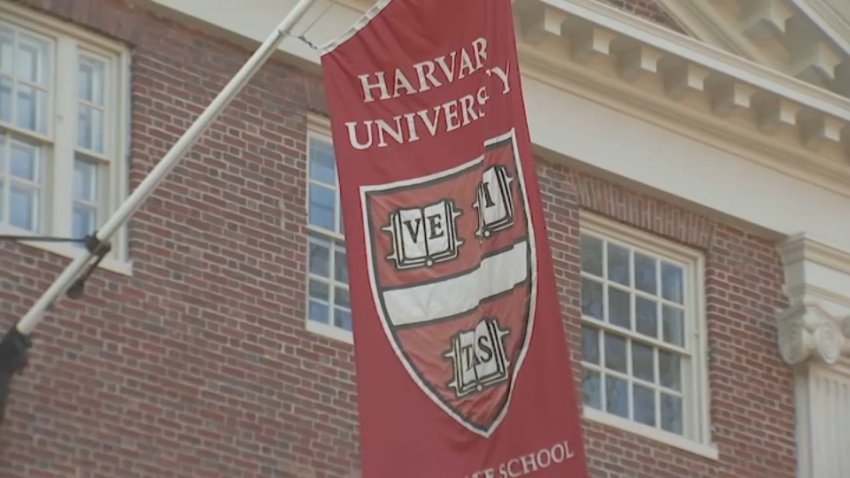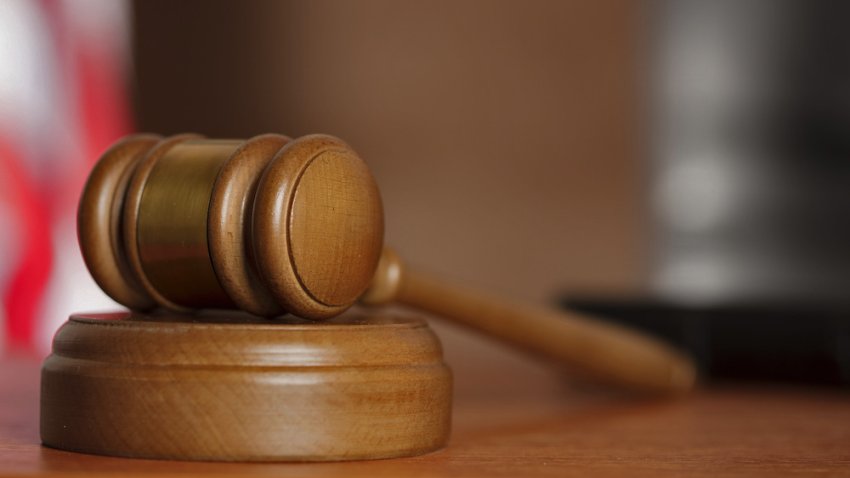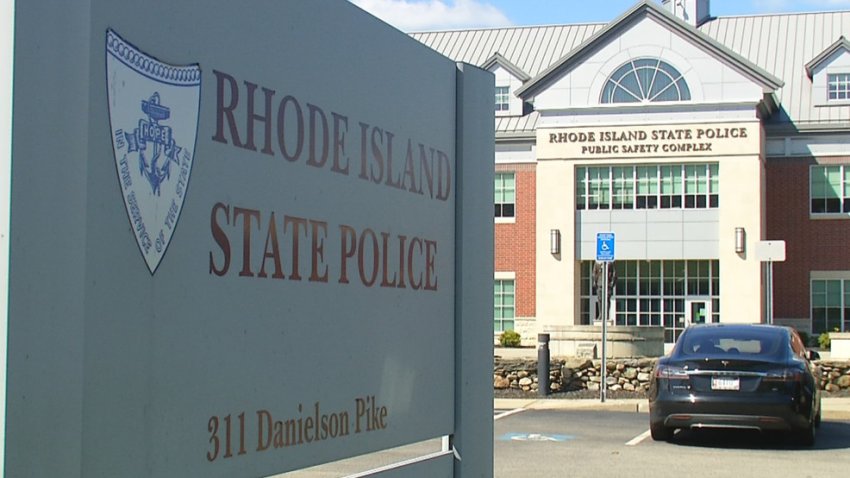

The Latest
-

Celtics converting JD Davison to two-year NBA contract, per agent
JD Davison will join the Celtics for their 2025 playoff run after his two-way contract was converted to a standard NBA contract, per his agent.
-

Springtime storm drops heavy snow on parts of Mass.; track lingering rain with radar
What a storm Saturday! A coastal low strengthened fast offshore and to our south and swung in intense snowfall rates of 1-3” per hour this morning.
-

Tufts student from Turkey details arrest, crowded detention conditions in court filing
A Tufts University doctoral student from Turkey is demanding her release after she was detained by immigration officials near her Massachusetts home, detailing how she was scared when the men grabbed her phone and feared she would be killed. Rumeysa Ozturk, 30, who has since been moved to an Immigration and Customs Enforcement detention center in B... -

Rally Saturday in Cambridge as student visa terminations continue in Mass.
More international college students in Massachusetts are having their visas revoked, and a rally is being held in Cambridge on Saturday as more people voice their frustration about what’s happening.
-

Waking up to snow again? Coastal storm also bringing strong wind and rain showers
A strong coastal storm hits us with wind, rain, and SNOW through midday, then eases this afternoon and tonight.
-

Kornet takes aim at White in hilarious Tommy Award ad, White responds
Luke Kornet’s “attack ad” against Derrick White for the season-long Tommy Award didn’t seal the deal for the Celtics big man.
-

Portuguese woman self-deporting after 12 years in New Bedford: ‘My heart and soul will be here'
Frightened by the prospect of an ICE arrest under President Donald Trump’s immigration policy, a Massachusetts mother is preparing to self-deport
-

Celtics-Hornets recap: D-White does it all in dominant C's win
Derrick White shined on both ends of the floor as the Celtics blew out the Hornets at TD Garden, 130-94.
-

Former Red Sox prospect to make MLB debut against Boston
Chase Meidroth, a former Red Sox prospect sent to the White Sox in the Garrett Crochet trade, will make his MLB debut against Boston on Friday.
-

Crash shuts down I-495 in Bolton
The Massachusetts Department of Transportation said Interstate 495 was closed at Exit 70 in Bolton
-

Here's where the Red Sox rank in CNBC's 2025 MLB valuations
How much are the Boston Red Sox worth? Here’s where the team ranks in CNBC’s MLB franchise valuation in 2025.
-

Hanson man sentenced to prison for dogfighting
A Massachusetts man was sentenced to more than a year in prison for federal dogfighting charges, according to the U.S. Attorney’s Office.









